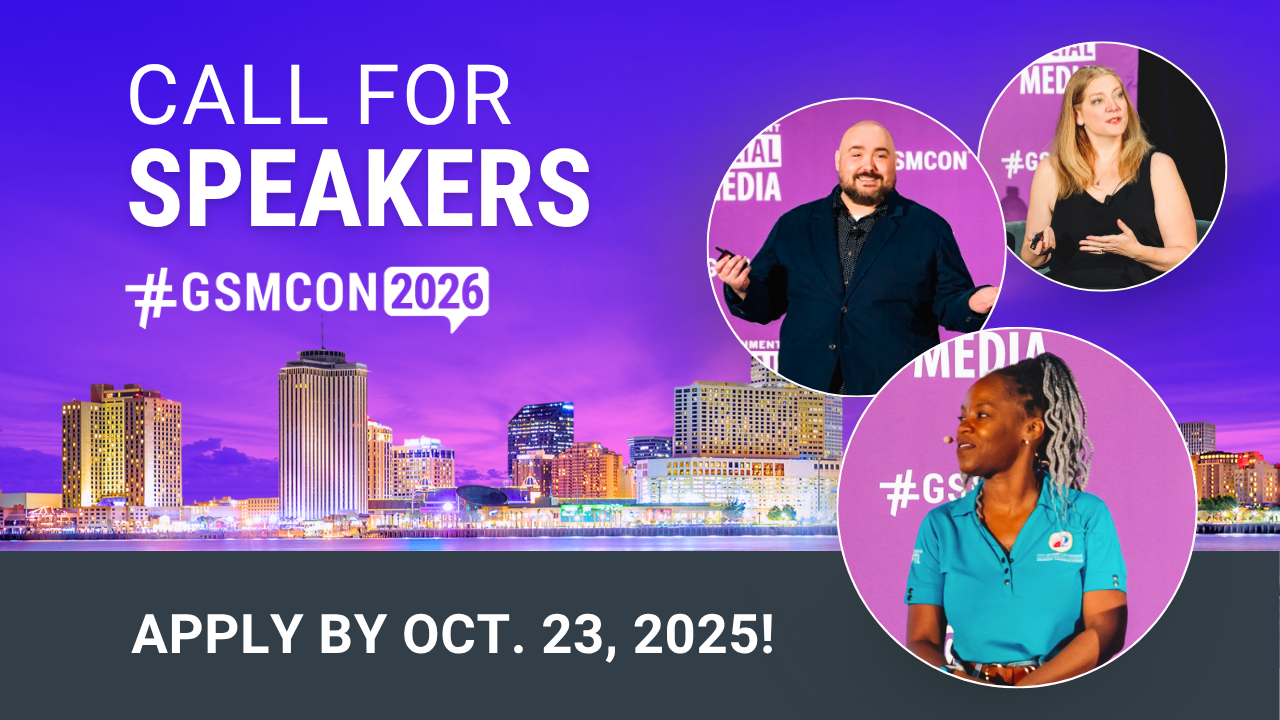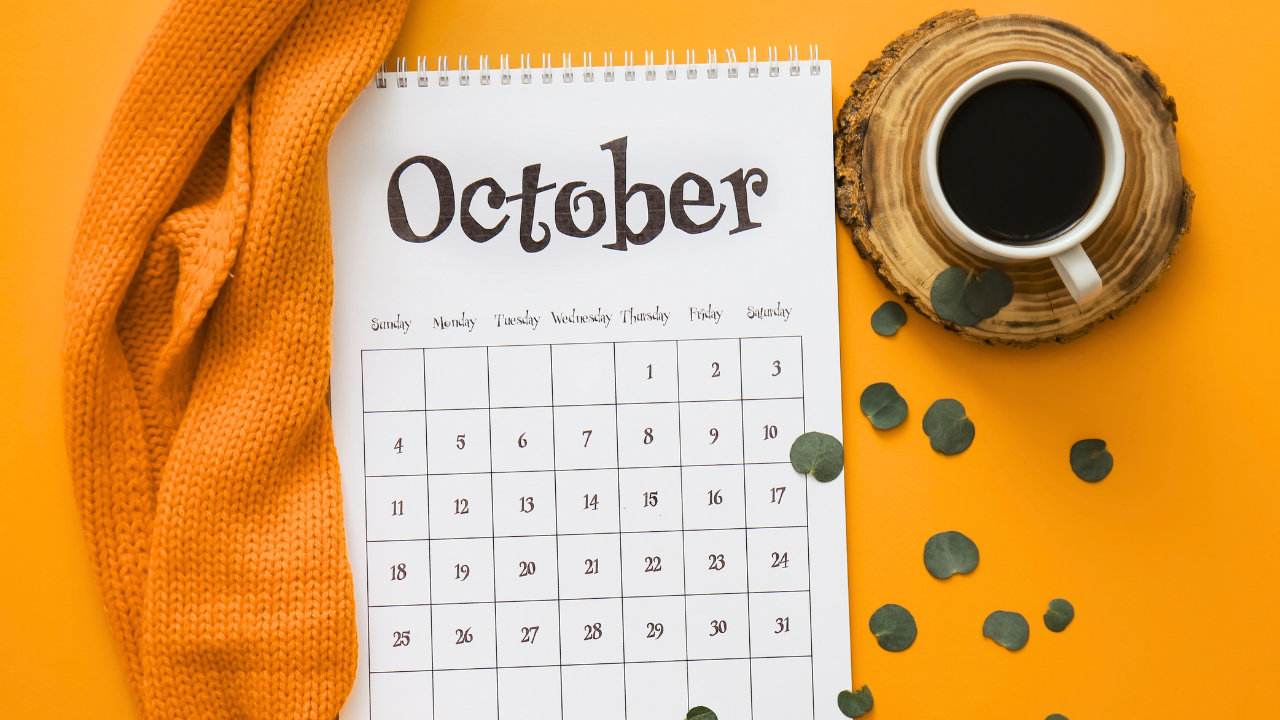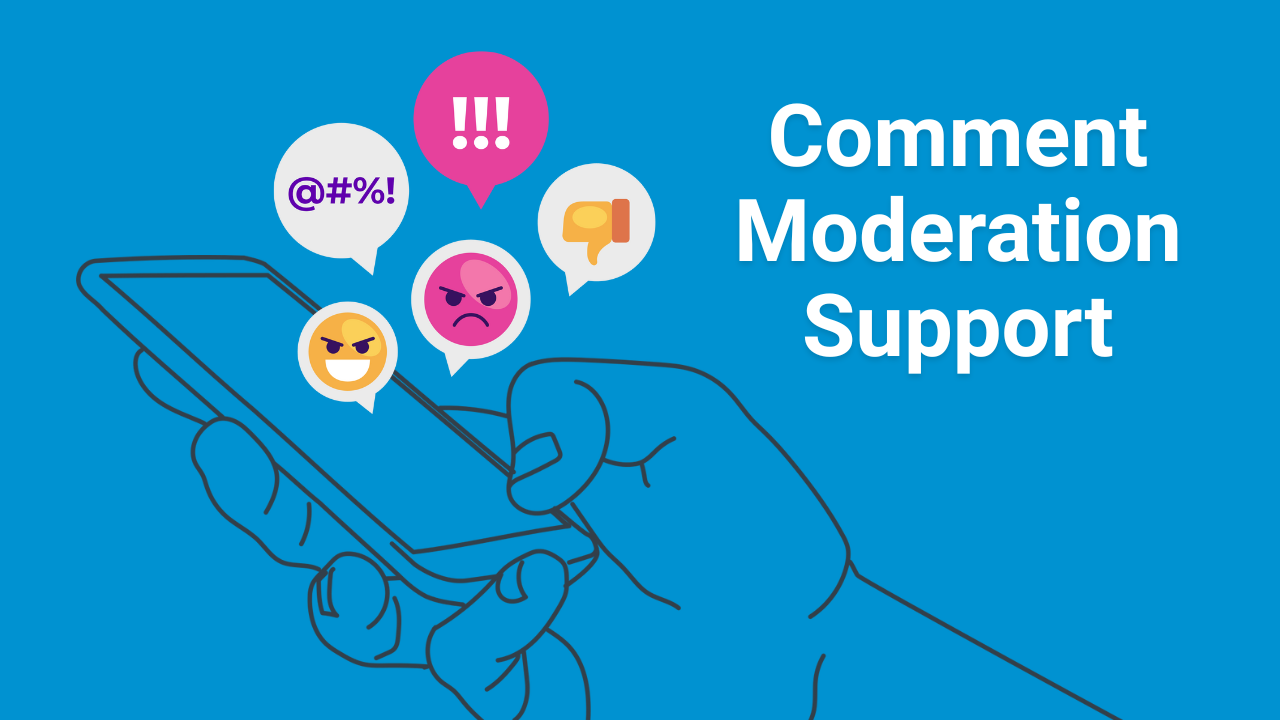
SocialGov Crisis Checklist
Jan 20, 2021When a crisis hits, government social media professionals need to be ready. How your agency communicates with the public during this time obviously varies considering whether the emergency is global, national or directly involves your jurisdiction, but there are several evergreen best practices to keep in mind. Keep this checklist of reminders and resources handy.
Check your scheduled posts
If you schedule your social media content out in advance, this is a reminder to check your scheduled posts! Even a mundane post timed during a national or local crisis may feel out-of-touch or insensitive in the context of an emergency situation.
Have you talked to your ____?
1. Legal counsel
Consult with your agency’s legal team if you have any legal questions. Whether it be on social media comments, free speech or otherwise, get a list of your questions and examples to take to your legal counsel. Ask for guidance on deleting, blocking and any comment moderation you need direction on.
Pro tip: Read a special First Amendment & social media Q&A from crisis communicators advisor and attorney Mark Weaver. GSM professional association members also have access to a helpful webinar replay from Mark.
2. Leadership
If you don’t already have a place at the table for key, high-level communication meetings, make sure to voice to leadership that your presence is the best way for you to help ensure your agency’s voice will resonate with the public. Likewise, your observations on the front line of social media will be invaluable to decision makers.
3. Archiving service
Reach out directly to your third-party social media archival service if you have any questions about what content is being archived and how to pull data up quickly if needed. In pre-emergency prep, work with these services to understand how they can help you during a crisis, when comments have the potential to spike and feel out of control.
Stay in your lane
In localized emergencies, has your emergency operations center been activated? Have emergency management protocols such as incident command been set up? Know your emergency manager and your role in the communication function of your agency during a crisis. If another jurisdiction is taking the lead, know when your role is to support and amplify their social media, versus creating your own original communications.
Situational awareness
One of the many critical roles of a social media professional during a crisis is to be the eyes and ears of your organization on social media. If you don’t have a social media monitoring or management service, at the minimum, you can use Twitter’s free TweetDeck tool to monitor relevant hashtags and keywords. Make sure you have procedures for reporting your observations to leadership.
Check with your peers
Overwhelmed? Other government social media professionals can help you! Many socialgovs have served in important supporting roles such as helping with situational awareness and reporting back to the lead agency – sometimes from across the country. Reach out to each other in our Facebook group to ask questions, get answers & connect with your peers.
Best communicate with the public you serve by becoming a part of the free Government Social Media network — only available to full/part-time employees of government or educational institutions.
We support the largest network of government social media professionals in the U.S. by guiding government agencies through complex social media issues. Government Social Media helps you successfully communicate with the public you serve, protect your agency and keep public trust while finding your support community.
Government Social Media® empowers government professionals to achieve mastery in social media through conferences, online training, and association membership. Best communicate with the public you serve and get connected with fellow socialgovs by registering for the 2026 Government Social Media Conference happening in New Orleans, LA and virtually from wherever you are! Join the free GSM Network for text-only chats on socialgov topics or access the Government Social Media Association (GSMA) for regional virtual meetups and educational webinars.









